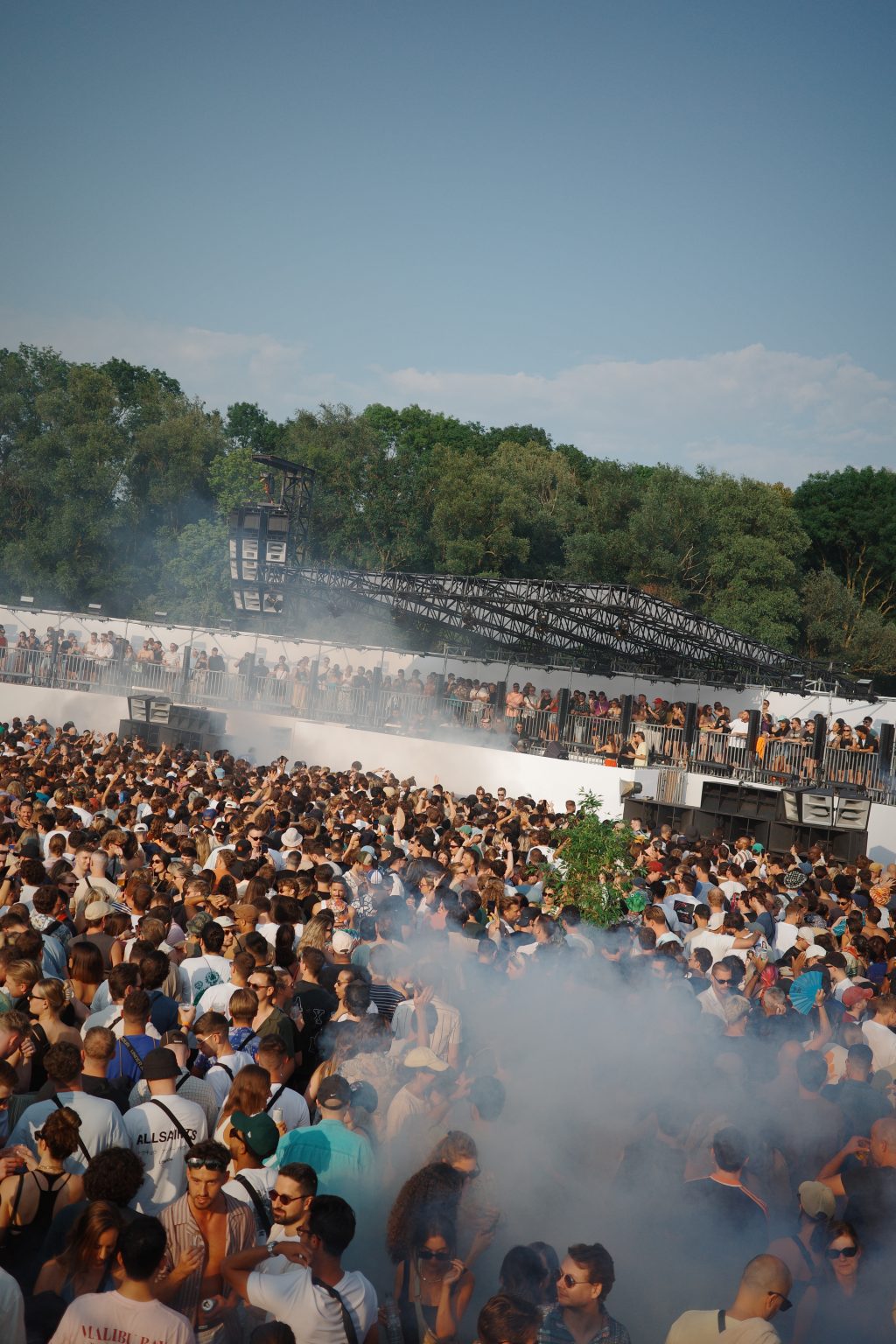
Photography
Words by Tom Hvala
Photography by Tom Hvala
In 2014, Dekmantel set out to redefine the Dutch corner of Europe’s house and techno scene. 10 years later, Dekmantel, as both a festival and brand, has established itself as a global tastemaker.
The Dekmantel line-up, both past and present, caters for all diets—from the most discerning of selectors to happy-go-lucky punters willing to float about from stage to stage. Having travelled from Melbourne for this year’s edition, there were a handful of artists we thought unmissable: Jane Fitz, one of the finest selectors going; DJ Sprinkles, for their deep, political and melancholic house; Palms Trax, for some good, clean, fun.
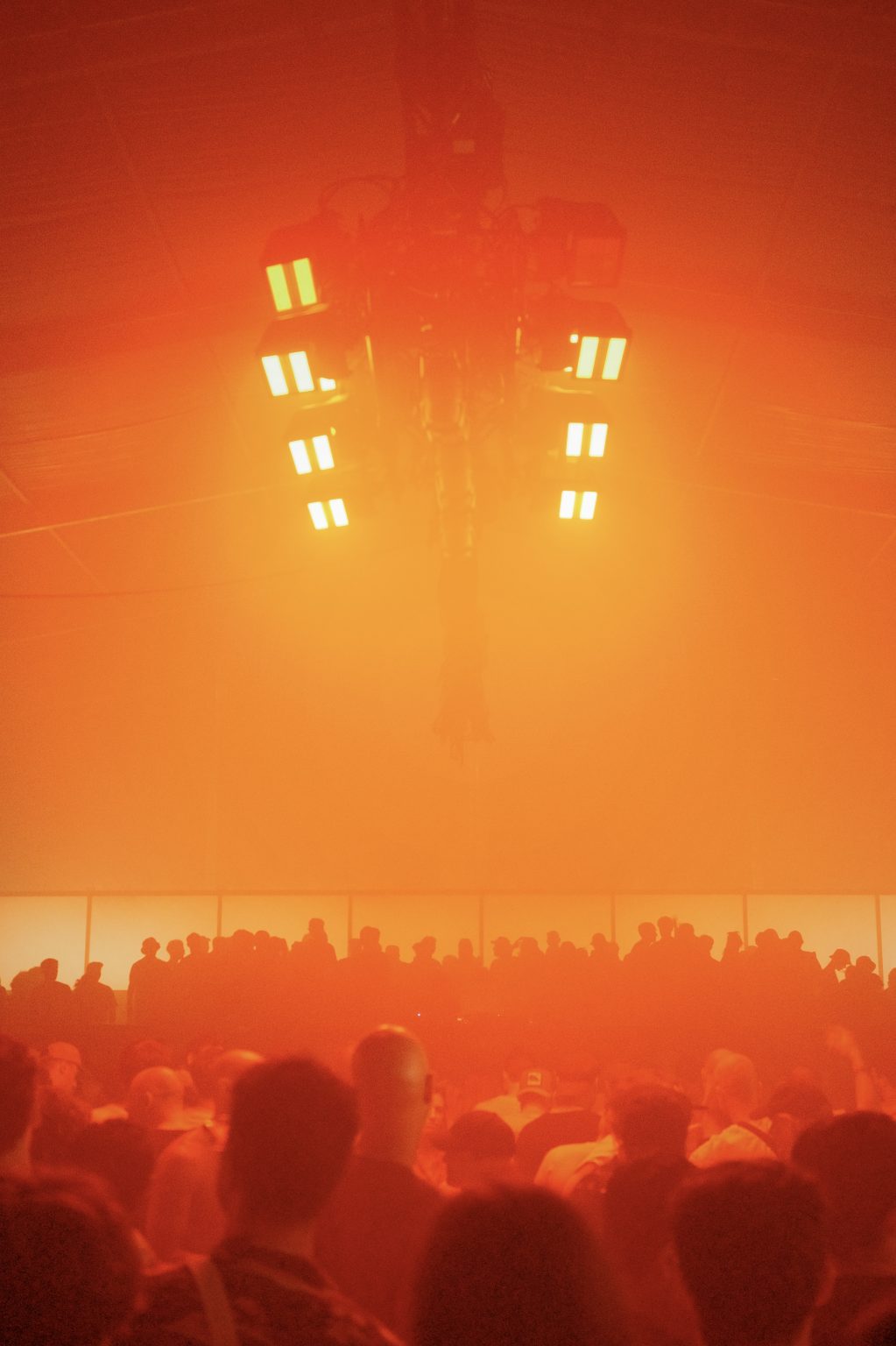

We embraced the visitor-turned-local identity, renting bikes to ride to and from Amsterdamse Bos each day. We cited all clichés in our preparation and rented a houseboat in Amsterdam Oud-West, frequenting local hotspots Louf, Uncommon and levain et la vin. Uncommon really stood out for us. This cafe pairs seasonal food with unique produce. Think overnight oats paired with finely shaved fennel on top.
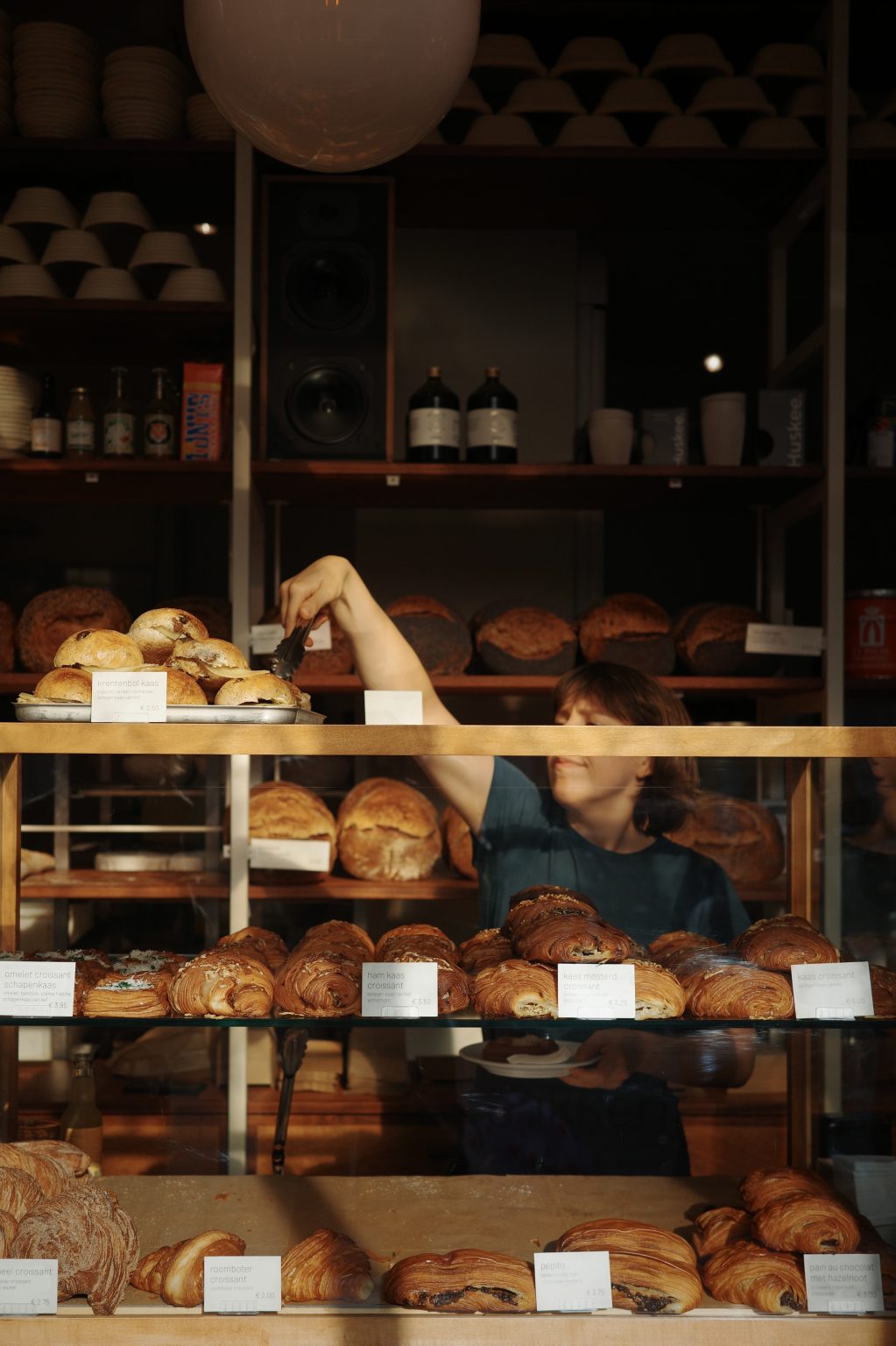
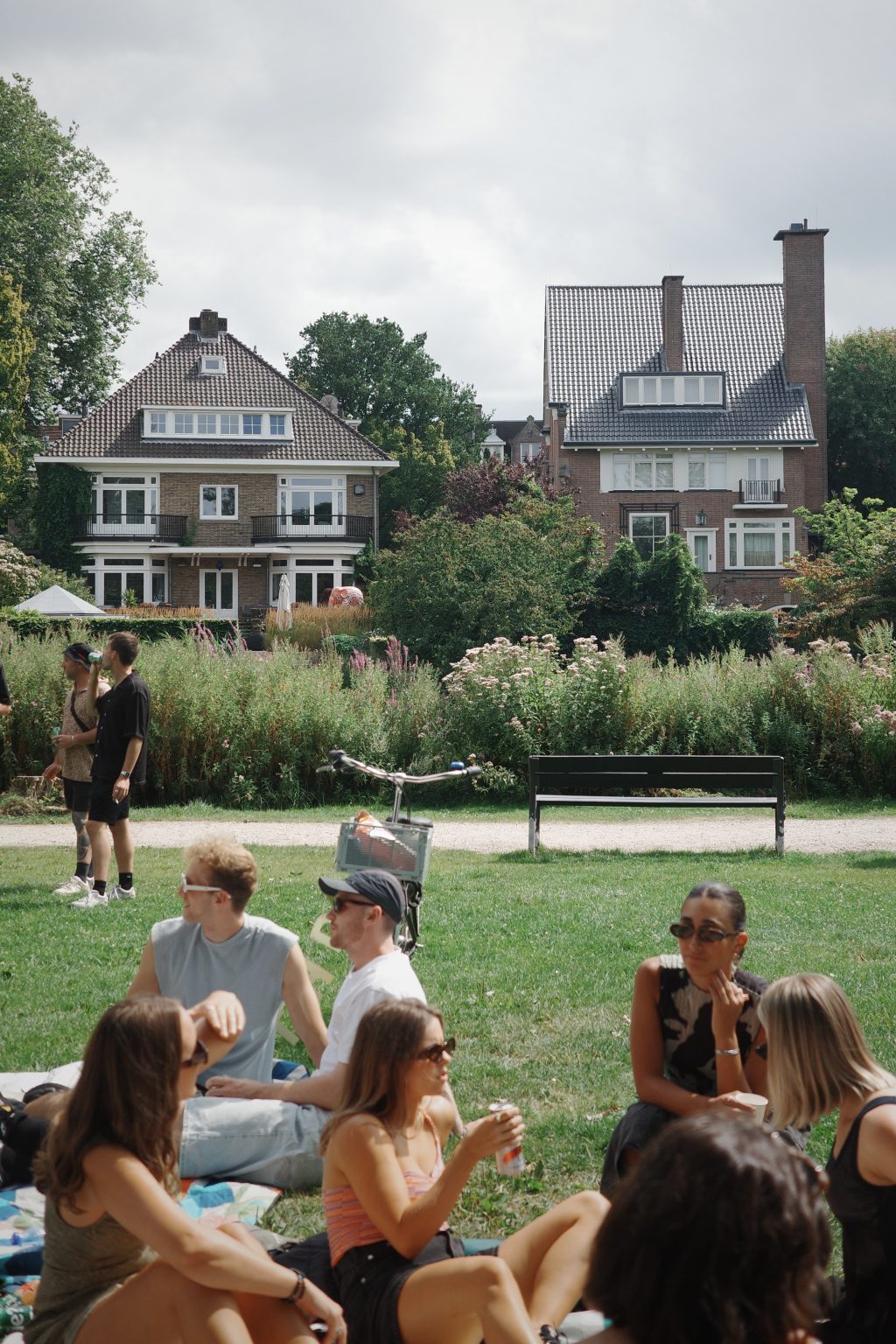
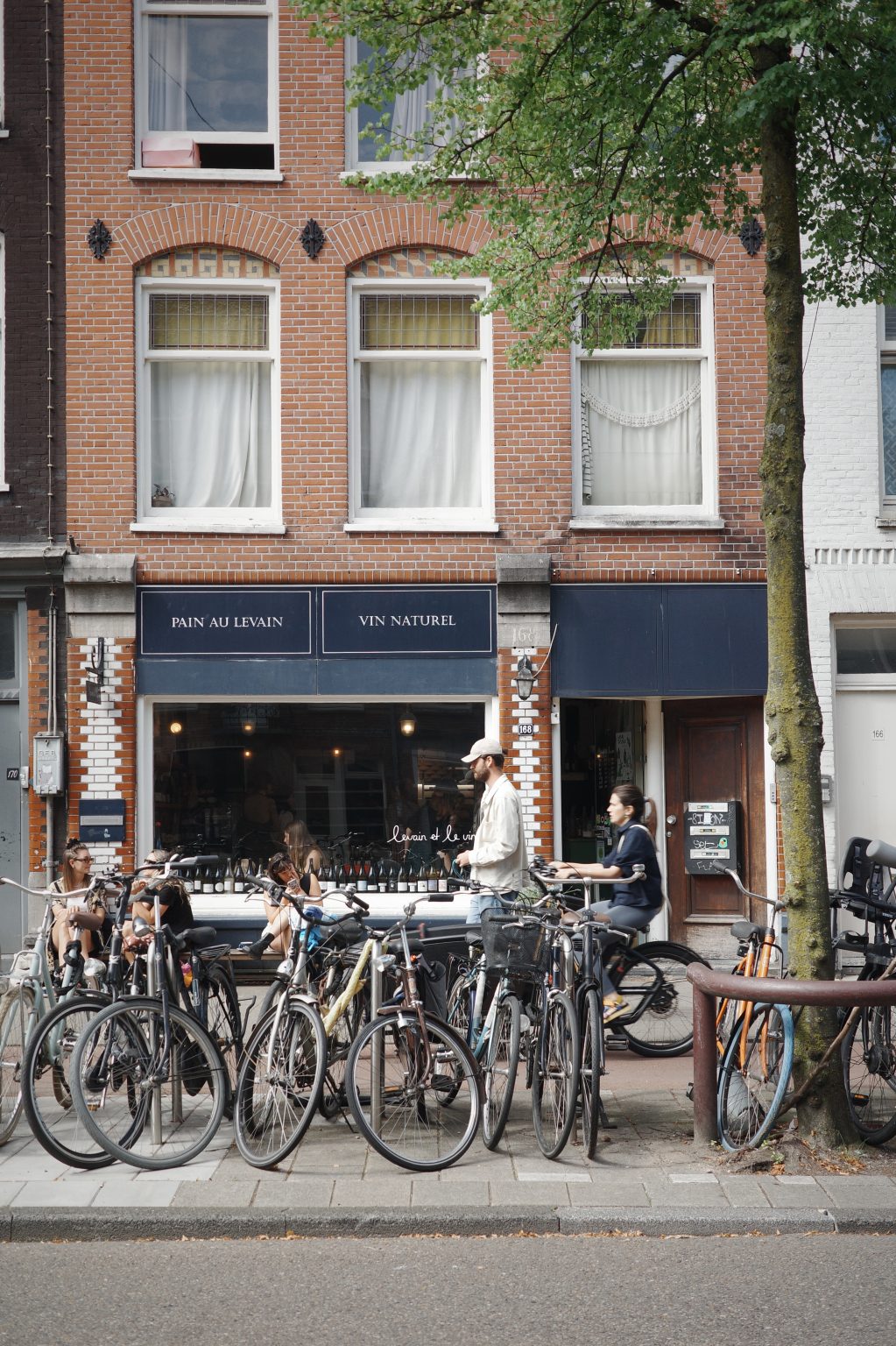
Dekmantel’s defining feature is its progressive environment where artists have full autonomy to run wild, explore their creativity and bring their deepest digs. For Mary Lake, the opportunity to play alongside dear friend Rey Colino was personally significant. The two share a deep connection, drawn during late evenings at De School and other deep dubby corners of Europe’s clubs. Together, a blend of hard and percussive techno, mixed with progressive house, had everyone thumping.
It is always infectious for the crowd when the people having the most fun are those playing on stage. Kamma, an Amsterdam club fixture, went B2B with Dita, a staple of Indonesia’s music scene (think Potato Head). They threw it down with so much energy for both each other and the crowd.

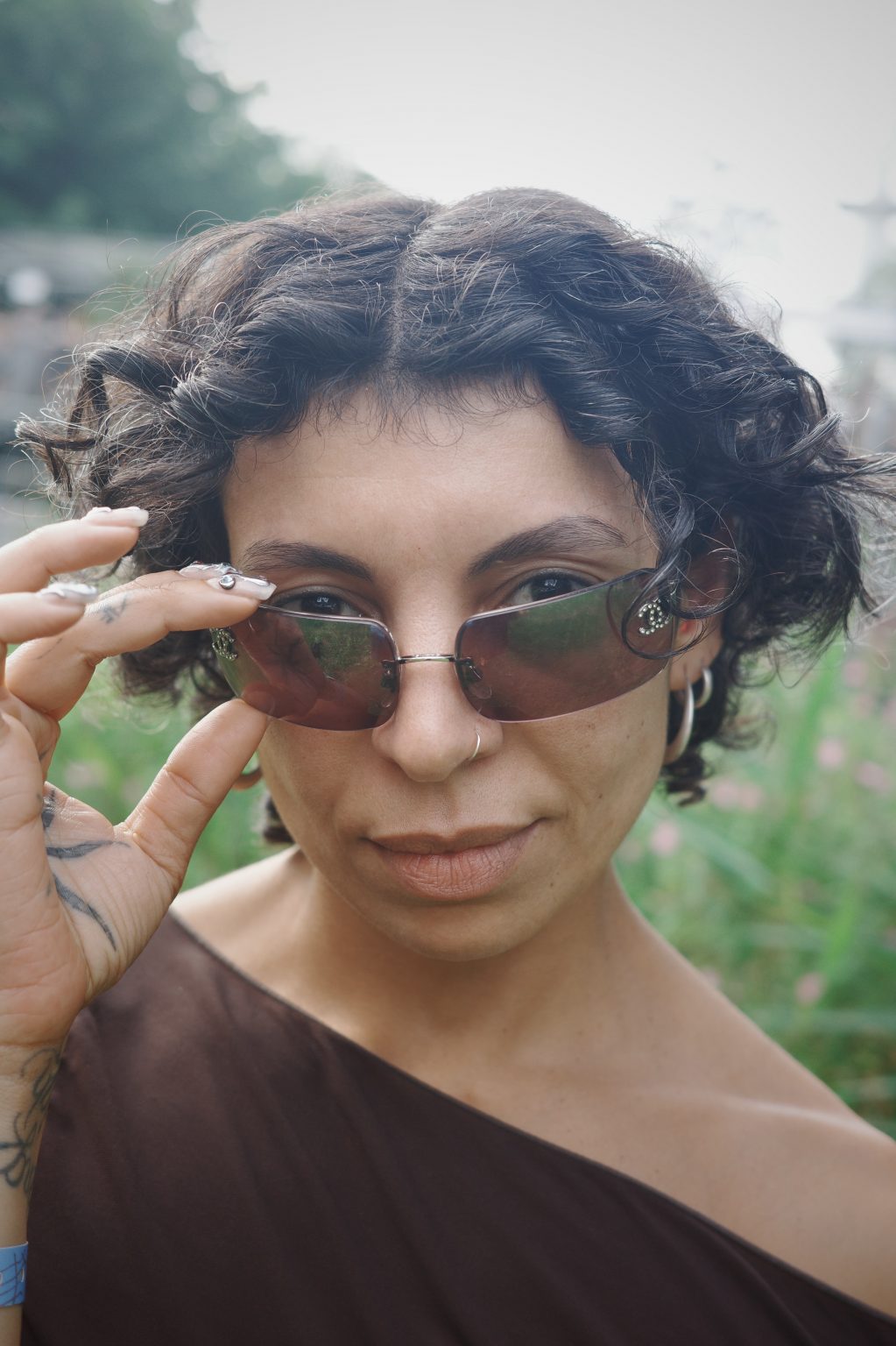
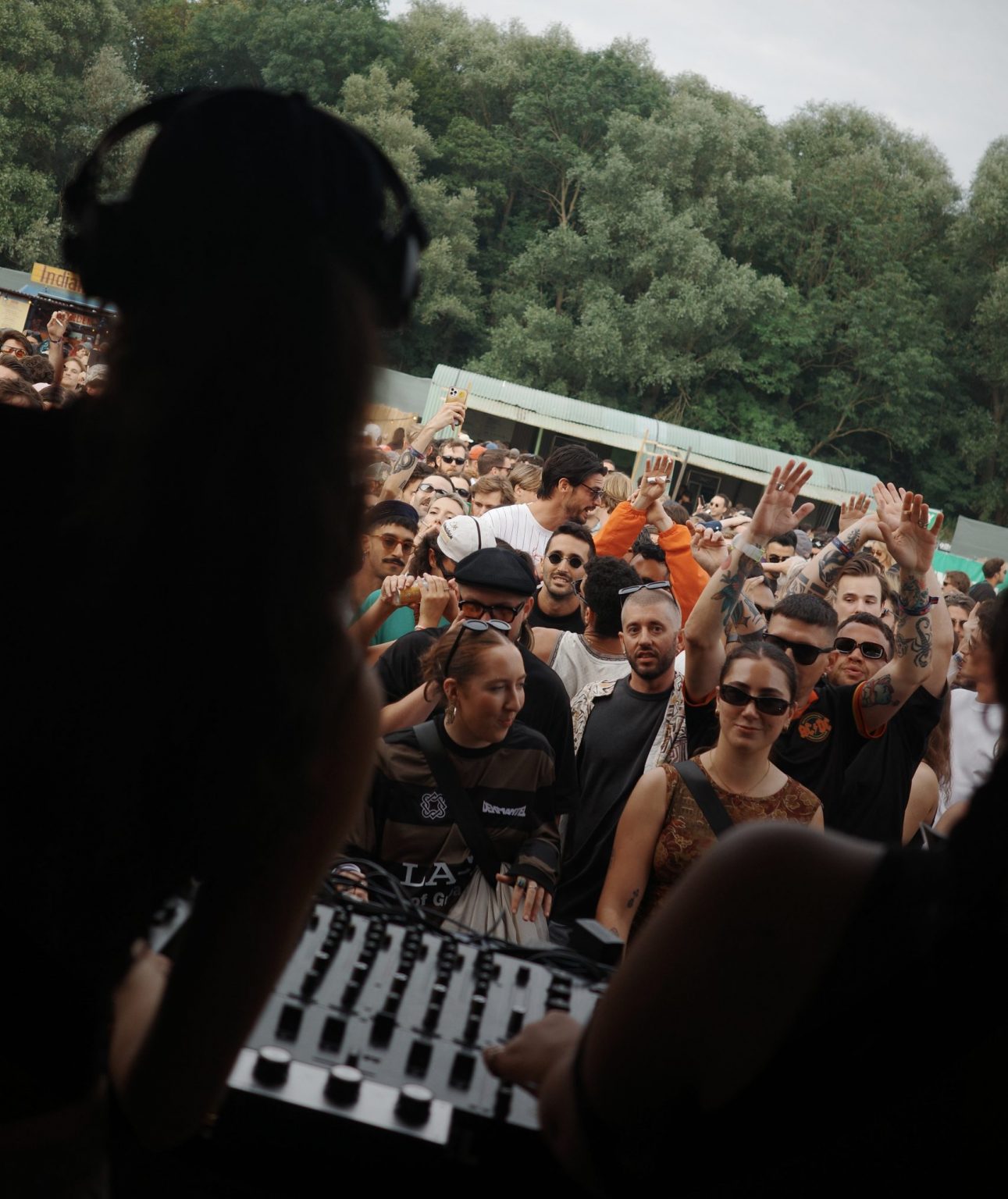
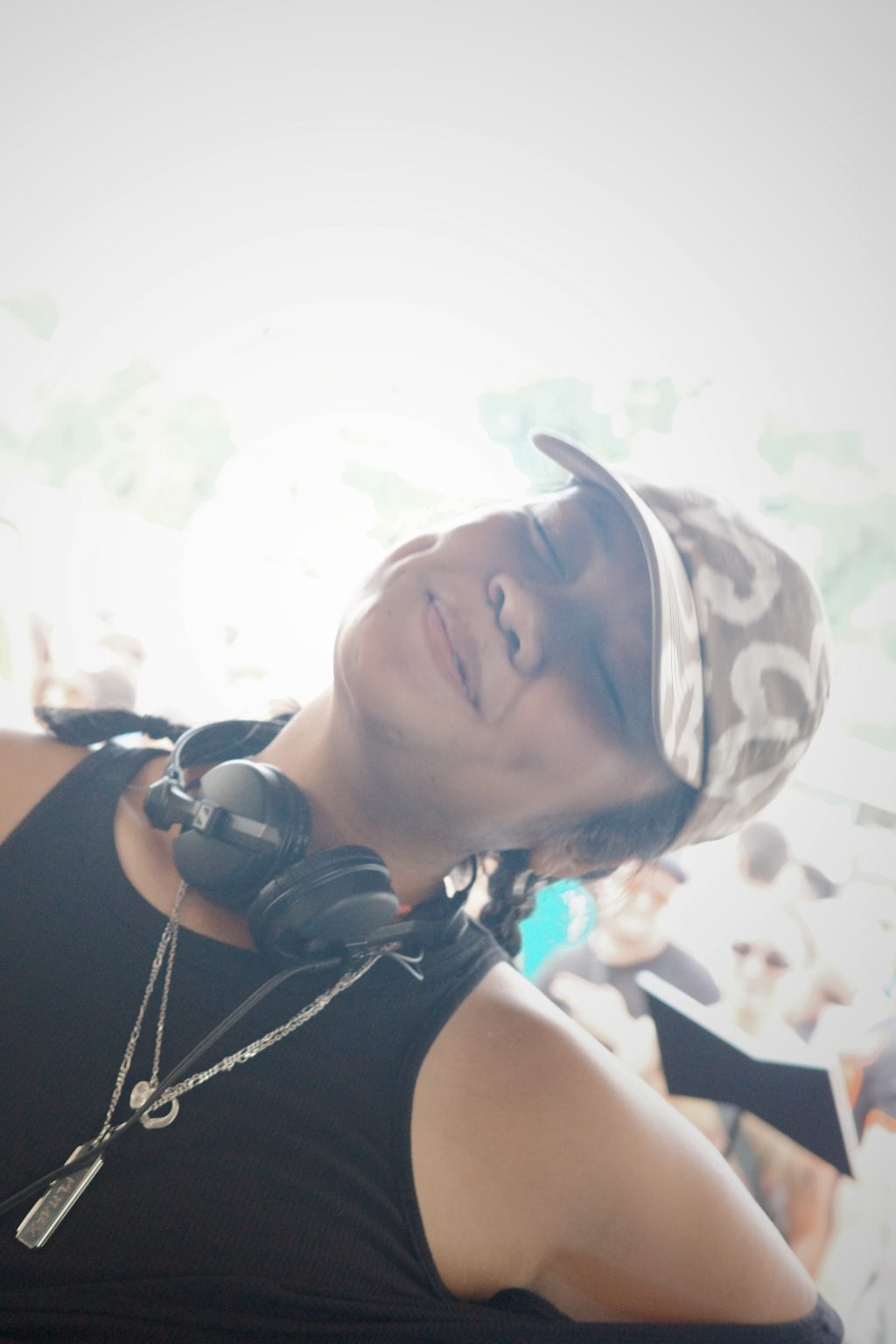
The feeling of the festival shifted each day from Friday to Sunday, growing in energy to a point on Sunday it felt faster and notably busier. That suited us. And the infrastructure coped just fine (as in, reasonably clean toilets and a moving line at the bar).
We adopted a wandering mindset for the last day, focusing on stages we hadn’t seen. Dekmantel really does turn Amsterdamse Bos into a playground, seamlessly fitting eight stages into one area without issue. Ron Trent in Radar had the structure moving with him, leaning into massive momentum throughout his set. This feature of Dekmantel stands out — considered, well-manicured stage design, somewhat minimalist and utilitarian, but functional and impressive.
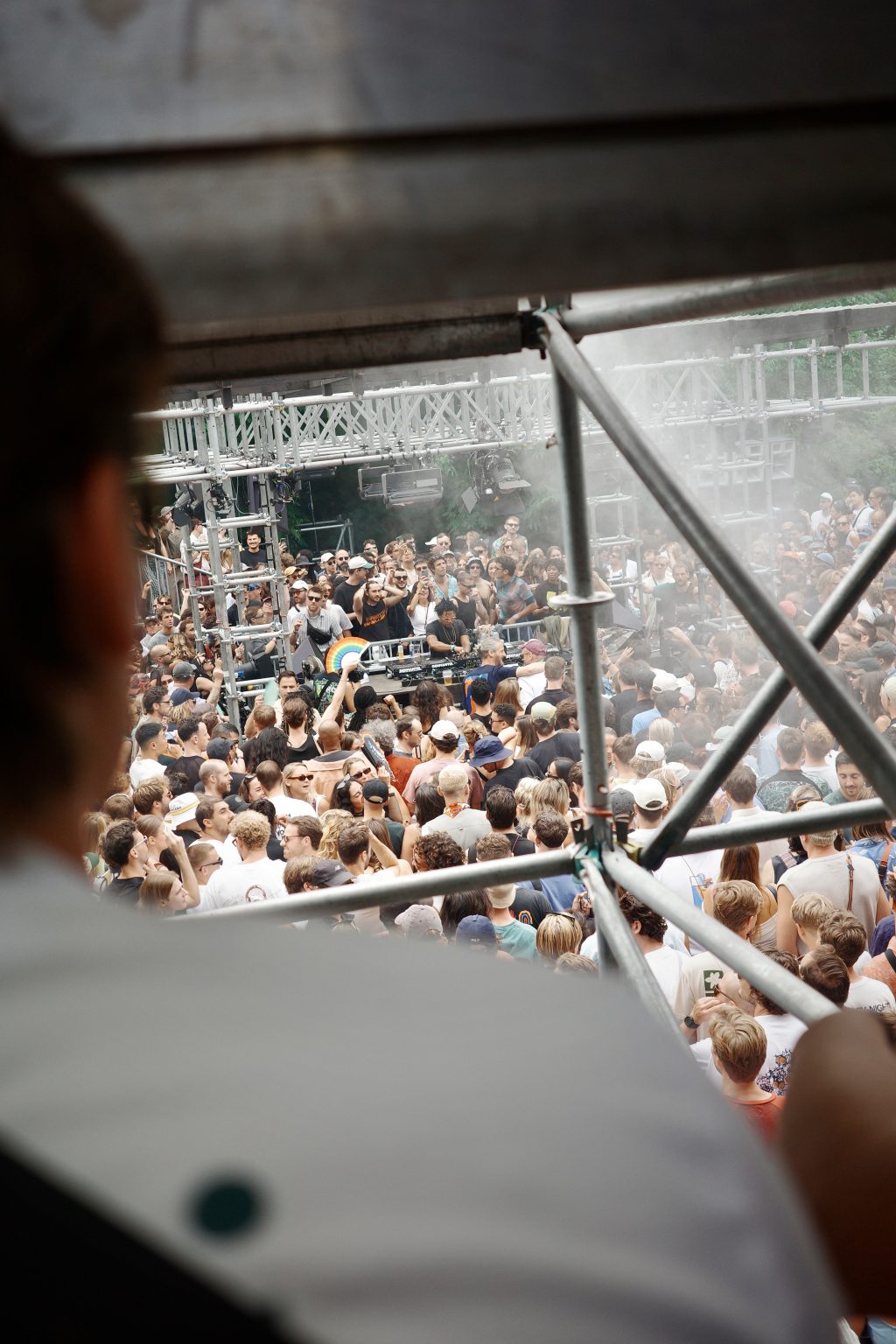
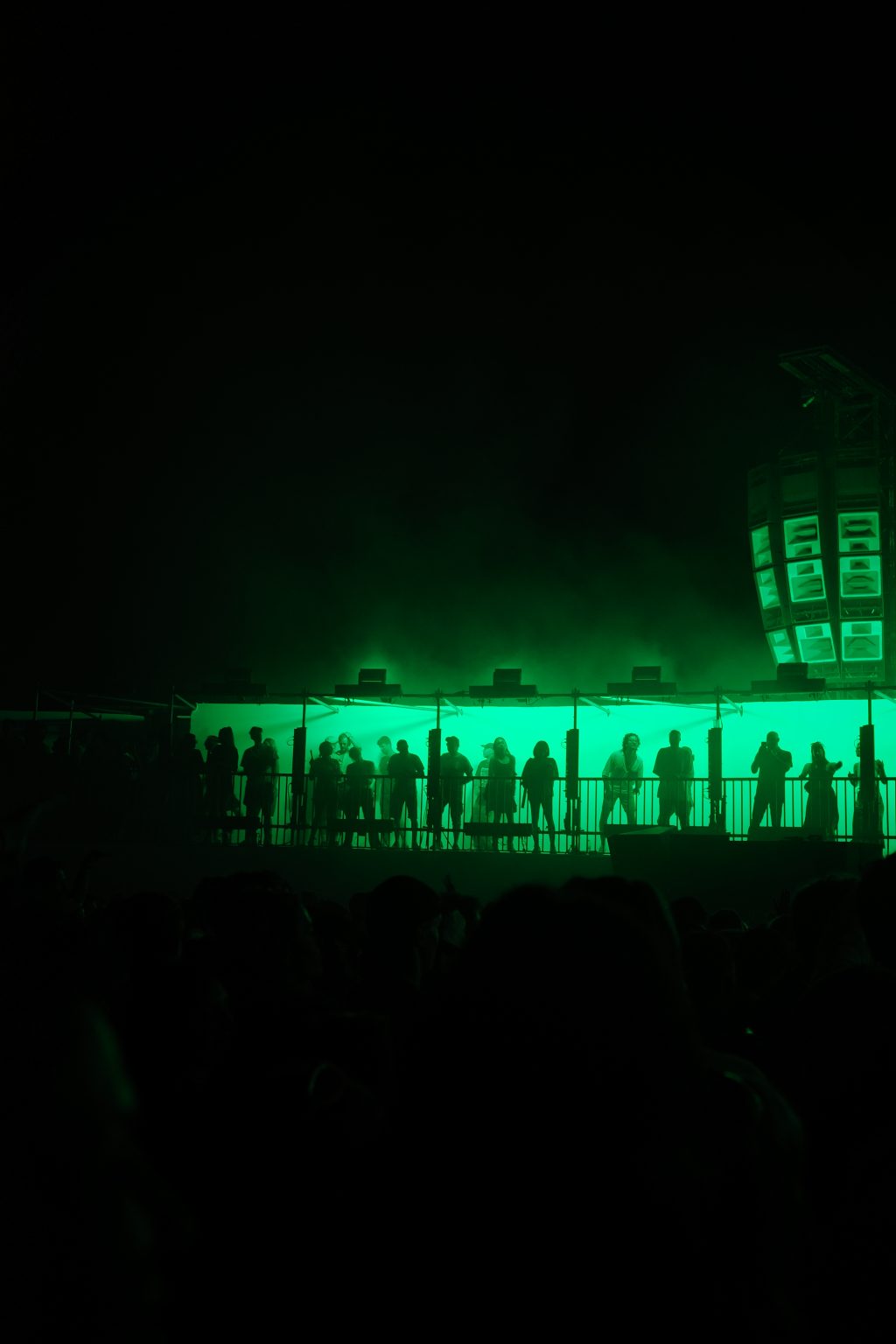

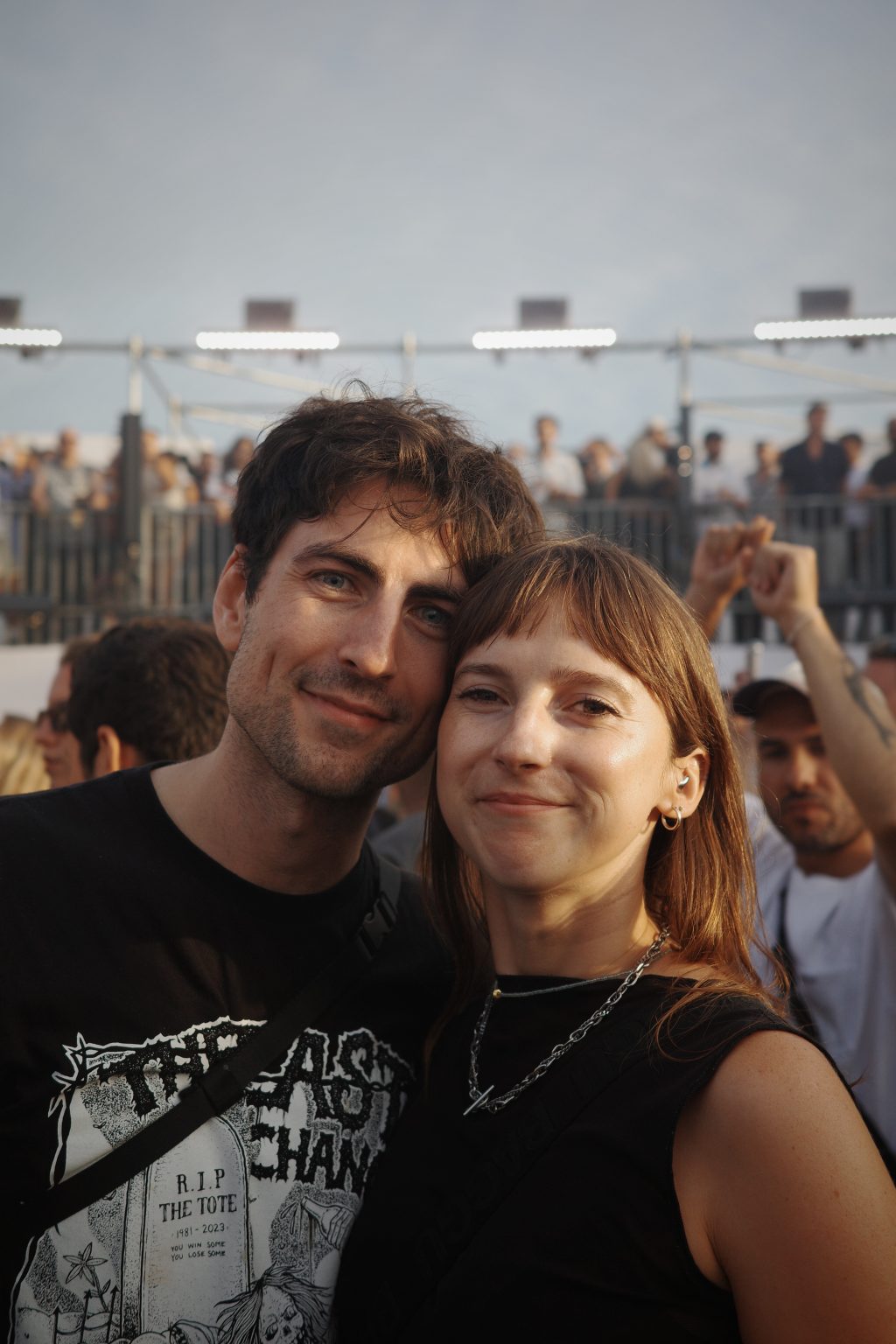
Sunday was unplanned until Jeff Mills — one of the founding fathers of techno — closed the festival with three hours of fast, rolling sound. An act like Mills demands a suitably big stage. The Loop served as the perfect two-tiered enclosure to lose yourself amongst friends and see the weekend out.
Of course, what transforms a good festival into a formative one is the people with you, where both foreigners and friends begin to merge. The crowd at Dekmantel was overwhelmingly welcoming. We found ourselves sharing pre-drinks in Vondelpark with people we’d only just met; or eating a late dinner on the Friday evening at the home of newfound friends; we ran into friends we didn’t know would be at the festival; we met another couple from Norway who left the following note:
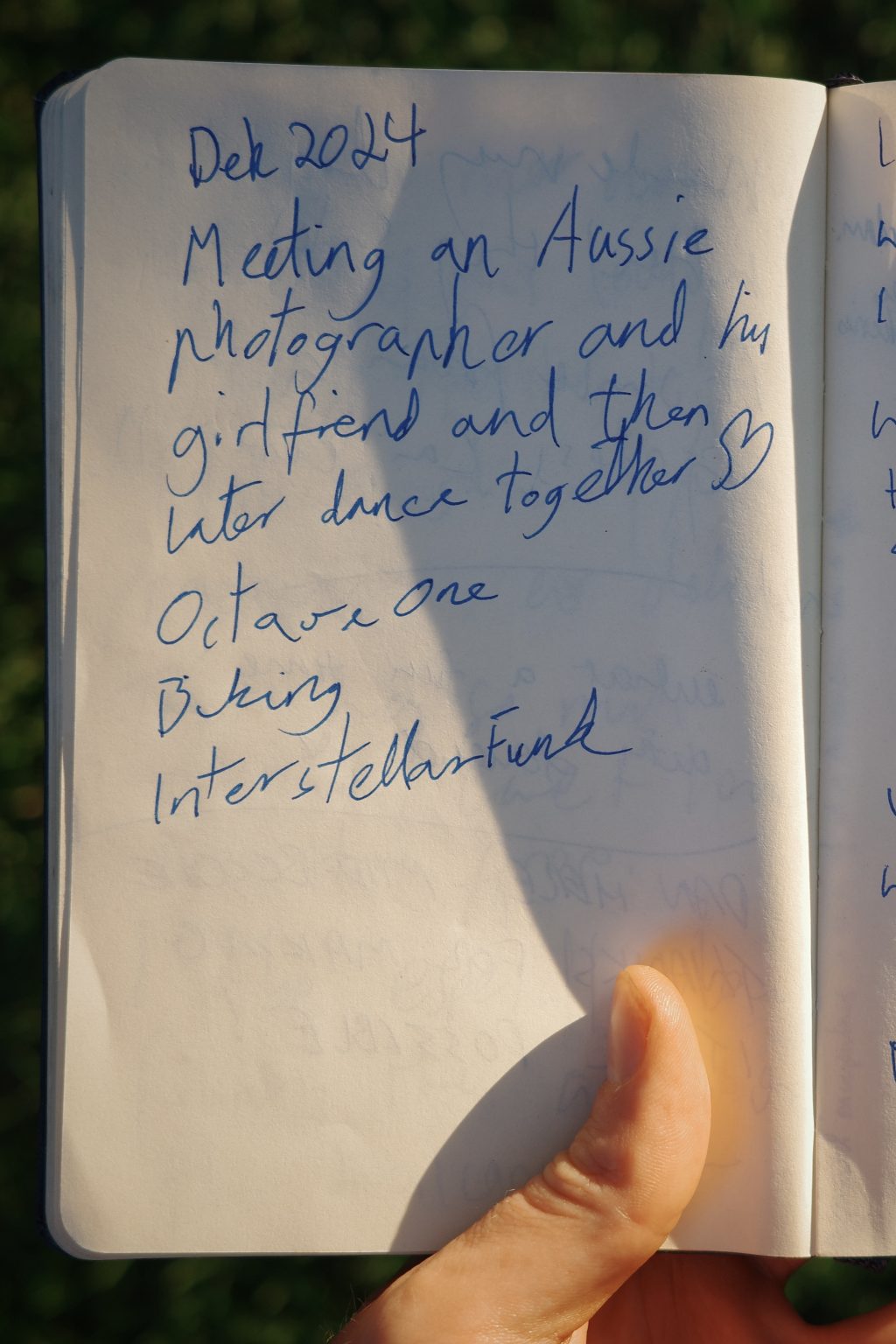
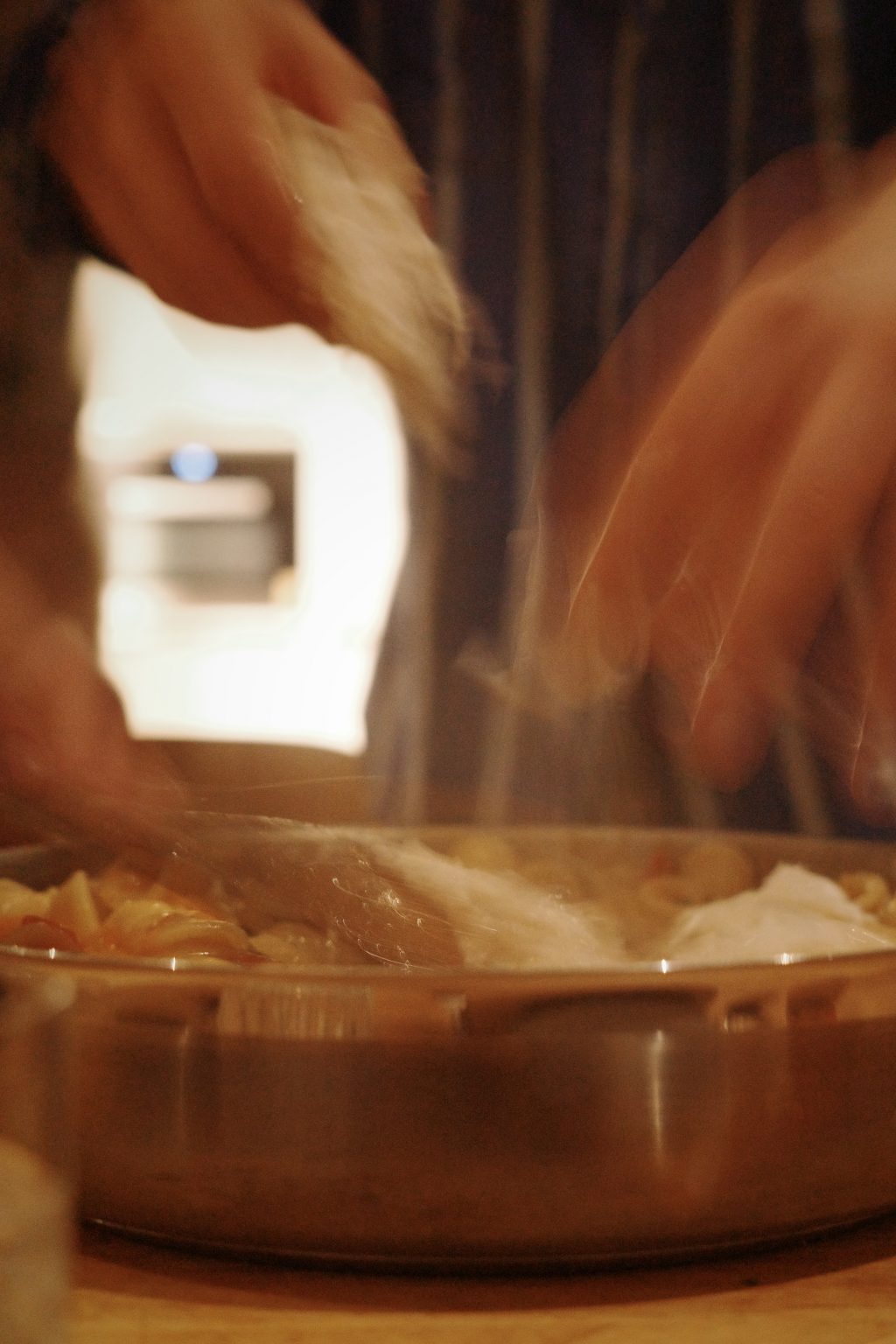

Dekmantel has fostered a wide international audience that is open to hearing whatever the DJs and artists want to feed them. That’s special and doesn’t exist in many places around the world.
Happy 10th birthday Dekmantel.
Loves Photography, House & Techno, Jasper Morrison, Coffee & Dinners with Friends.